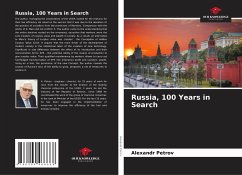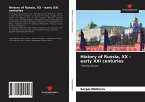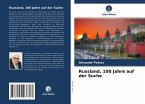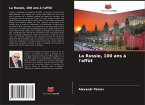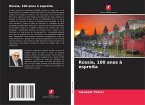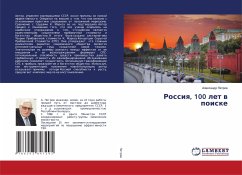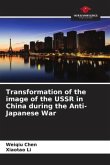The author, managing the corporations of the USSR, looked for the reasons for their low efficiency. He relied on the version that it was due to the deviation of the practice of socialism from the provisions of Marxism. Comparison with the works of K. Marx did not confirm it. The author came to the understanding that the entire doctrine rested on the erroneous assertion that workers were the sole creators of surplus value and wealth in society. As a result, an alternative to Marx's theory of surplus value was created - the Conception of Hidden Surplus Value (CSV). It argues that the main driver of the development of modern society is the intellectual labor of the creators of new technology. Significant in size difference between the effect of its introduction and their remuneration forms SPS - the potential ability of the means of production to give surplus value. Their qualified maintenance by workers allows to carry out full-fledged transformation of SPS into enterprise profit and society's wealth. Using as a tool, the provisions of the new Concept, the author reveals the causes of Russia's loss of the ability to grow, proposes a set of measures to restore it.
Bitte wählen Sie Ihr Anliegen aus.
Rechnungen
Retourenschein anfordern
Bestellstatus
Storno

